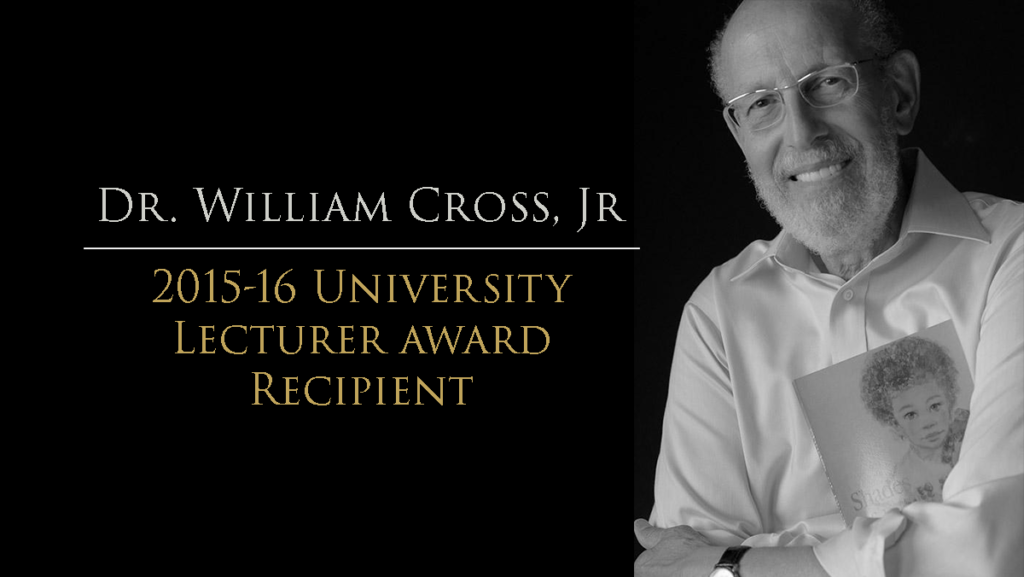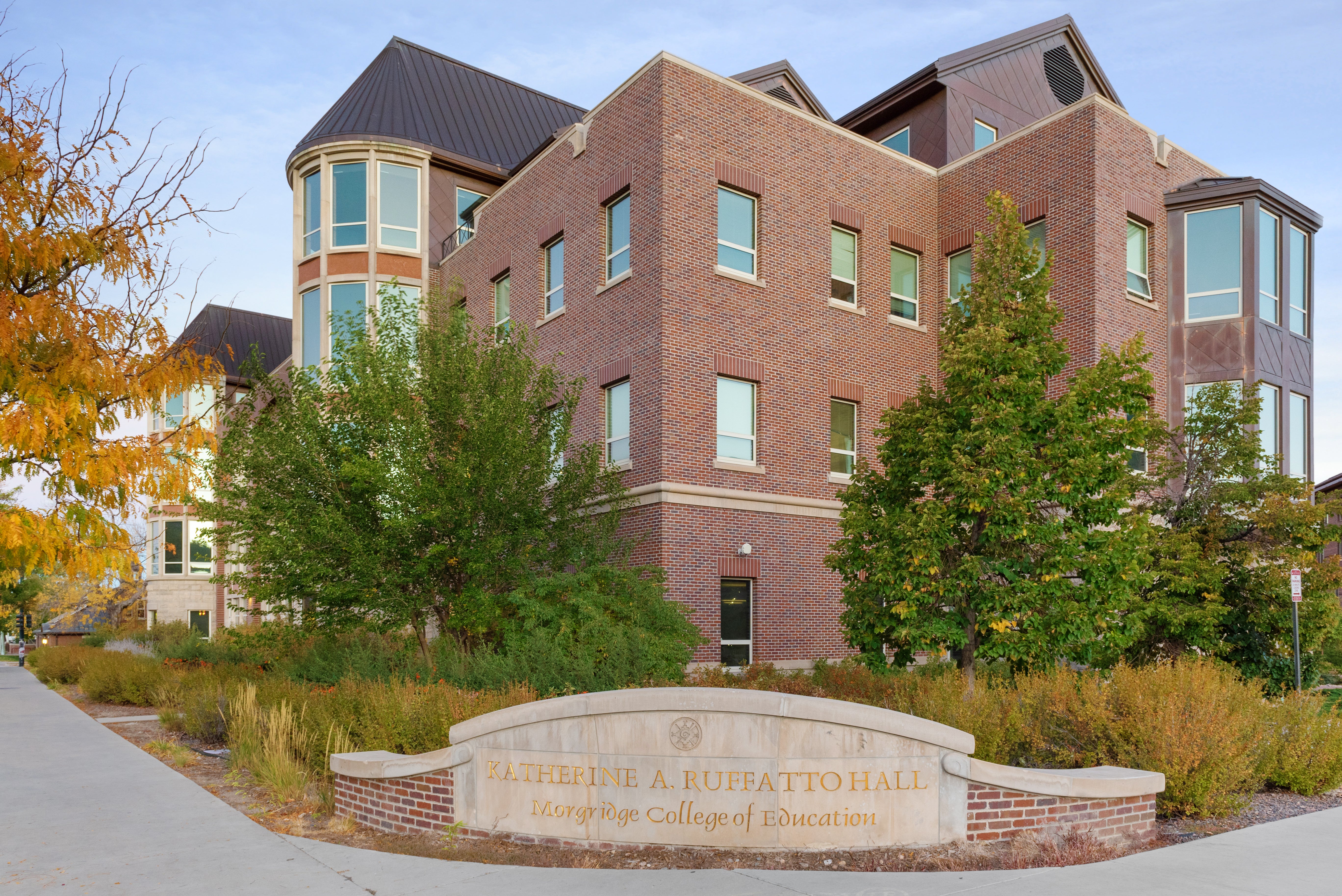Professor William Cross, Jr. Honored as University Lecturer
Morgridge College of Education (MCE) faculty member William E. Cross, Jr., PhD was selected as the University Lecturer by the University of Denver (DU). The University Lecturer award was first given in 1955 and is one of the University’s most distinguished honors, based solely upon creative contributions and scholarly work. “Dr. Cross honors MCE and DU every day and we could not be more proud to have him as our colleague,” Dean Karen Riley said.
Professor Cross is a leading theorist and researcher in the psychology and identity development of minorities. His book, Shades of Black: Diversity in African American Identity, is considered a classic in the field of racial identity. He is the President-Elect of American Psychological Association’s Division 45 (Society for the Psychological Study of Ethnic Minority Issues), an Elder of 2013 National Multicultural Conference, a CUNY Professor Emeritus and a Distinguished Lecturer at Georgia Southern University.
As part of the University Lecturer designation, Cross recently presented a spring lecture entitled, “Black Psychology: Normal People Negotiating Faustian Dilemmas.” The presentation explored the notion that historically, many African Americans have minimized their own prestige to fit the expectations of white society. Cross used the example of the seminal jazz artist, Louis Armstrong, who “pretended” to be unable to read music, so racist white patrons could go on believing that music, jazz and rhythm are instinctual to black people. For many scholars, the discourse on the psychology of black people begins with damage and self-hatred. Cross’s lecture, however, offered a corrective by arguing that most social scientific research show black people to be normal people ensnarled in “Faustian” predicaments.
Professor Cross is a passionate member of the DU community and exemplifies the high standard of excellence found among MCE and DU faculty. His positive impact extends beyond the classroom and into the communities he engages with as he strives to make the world a more inclusive place.



